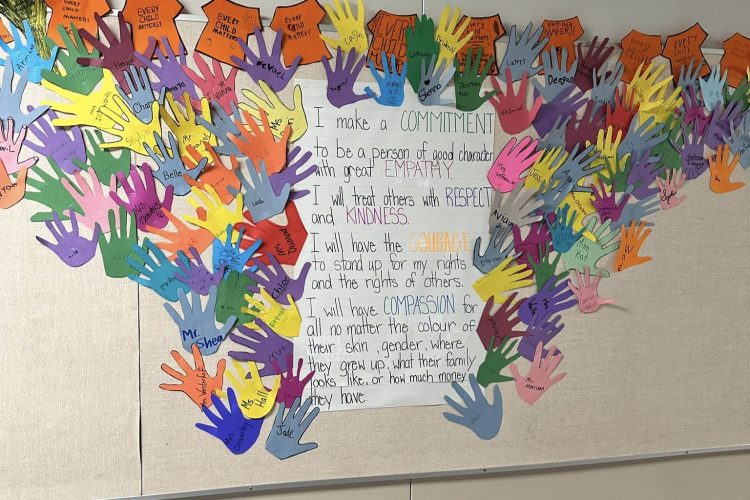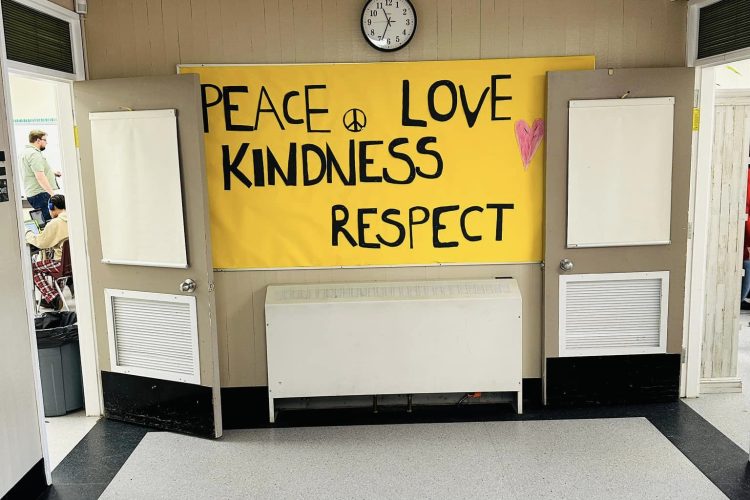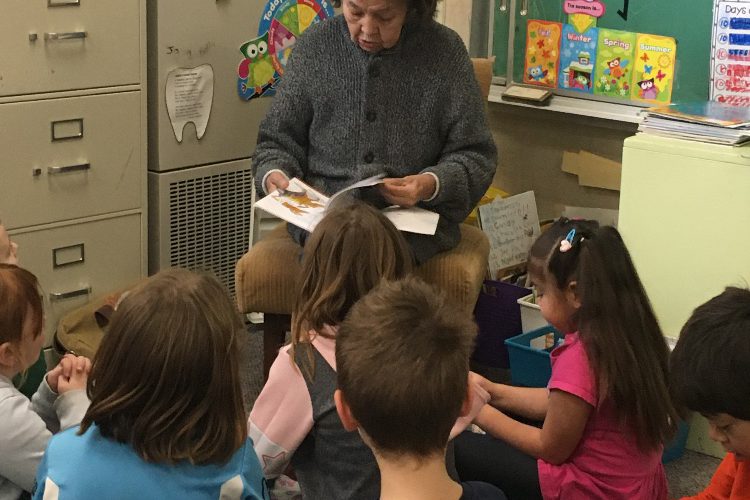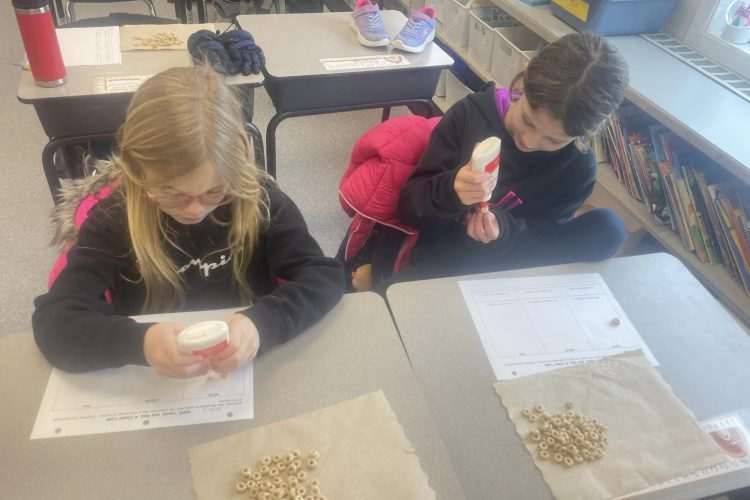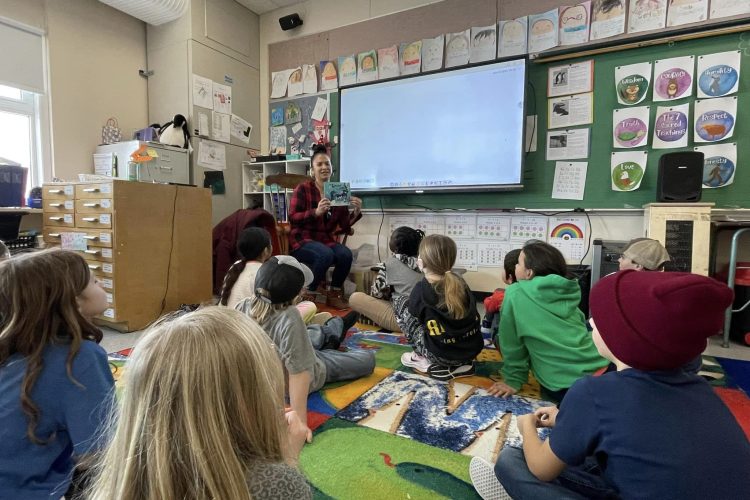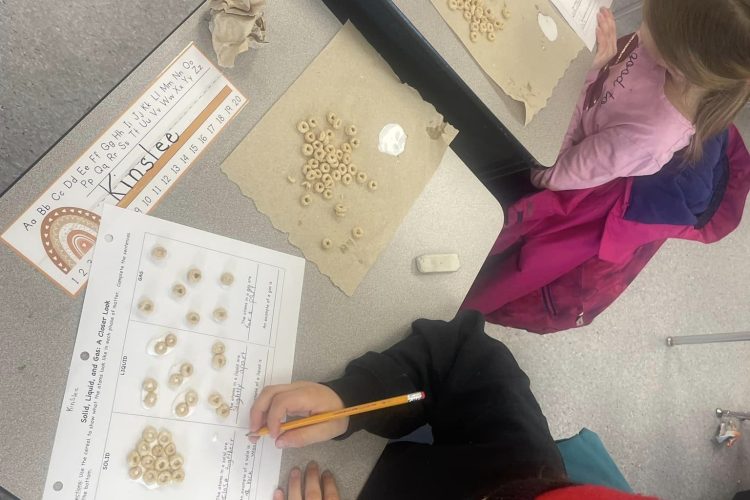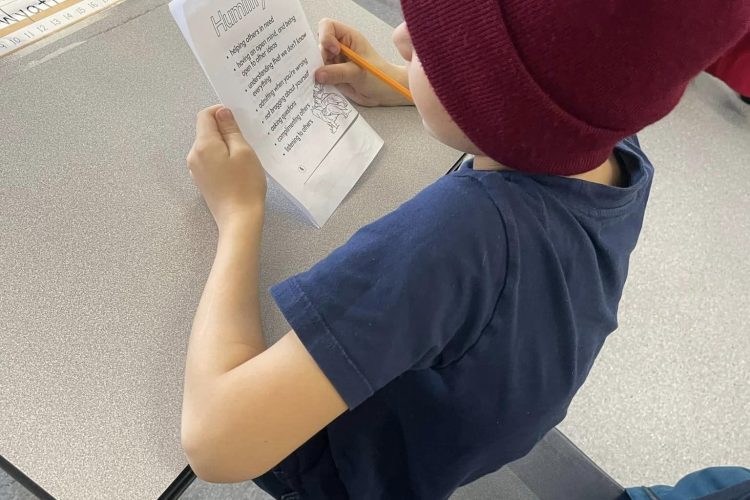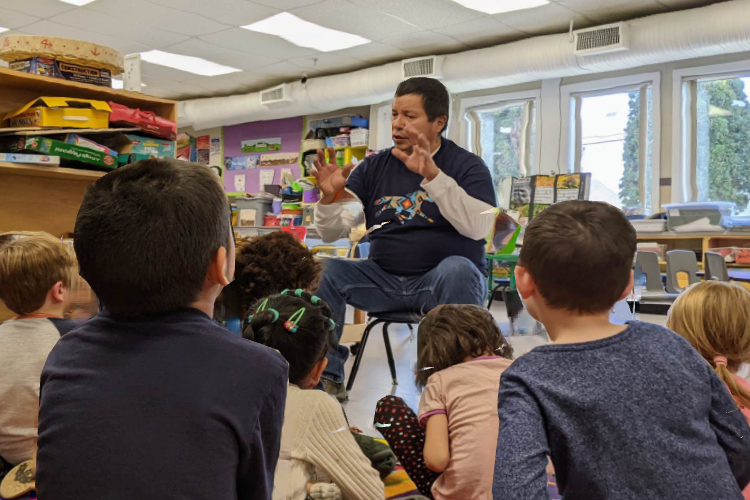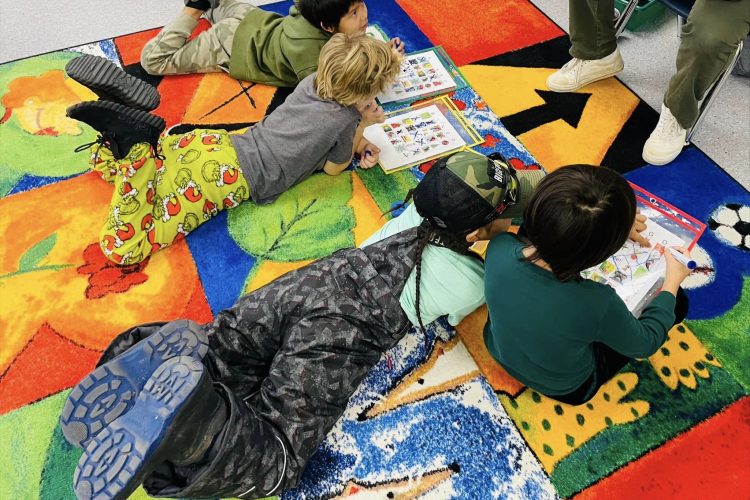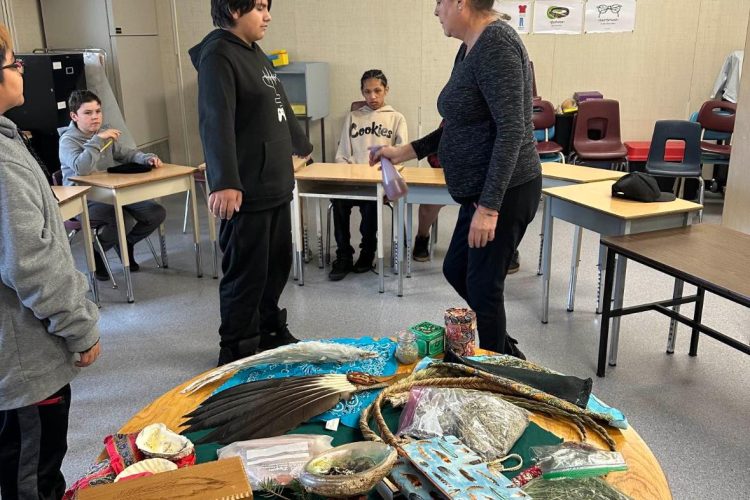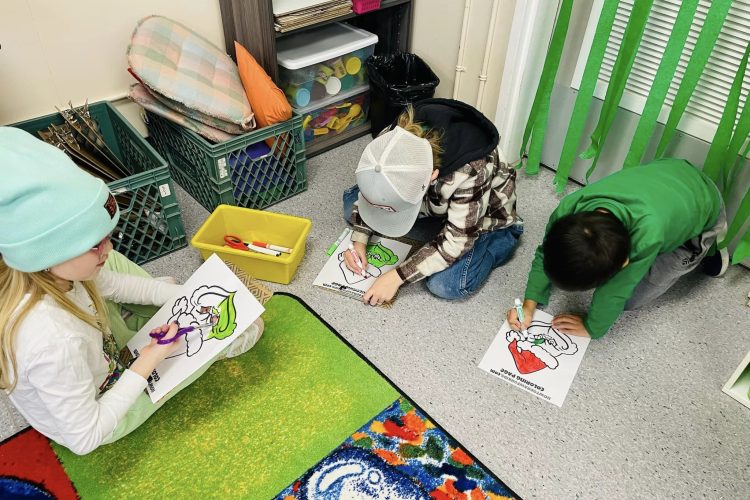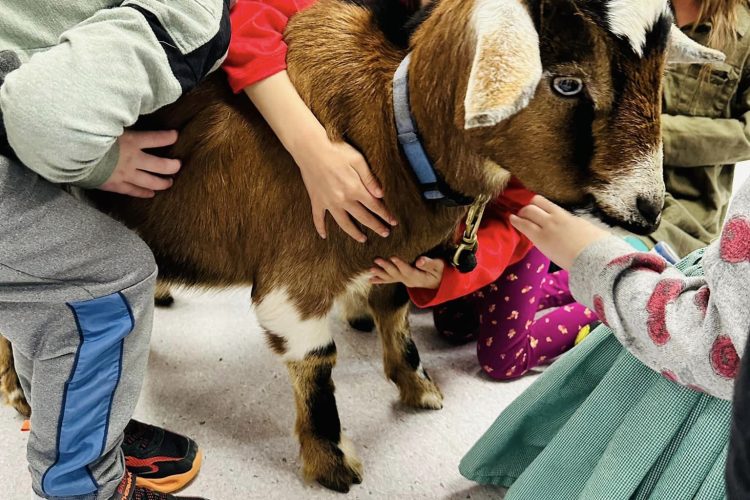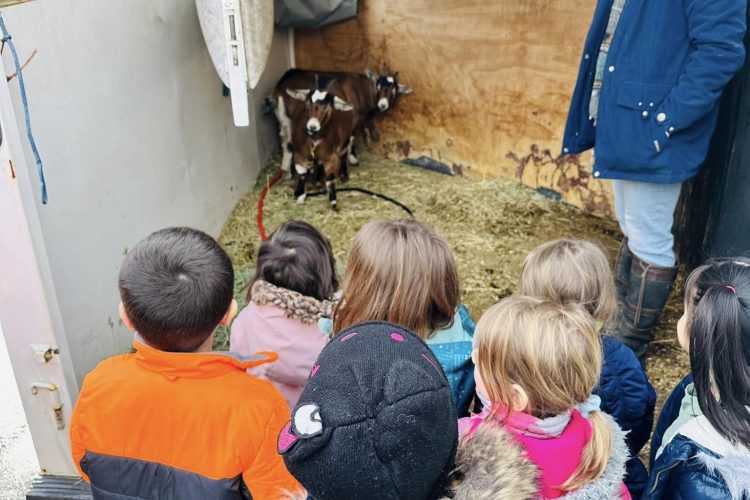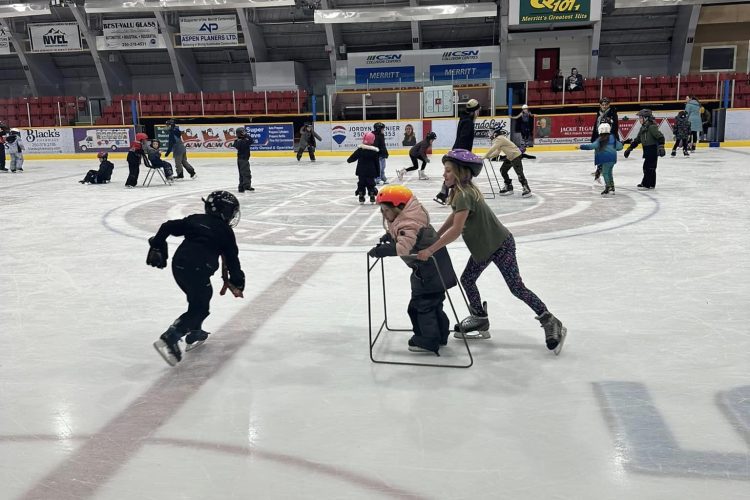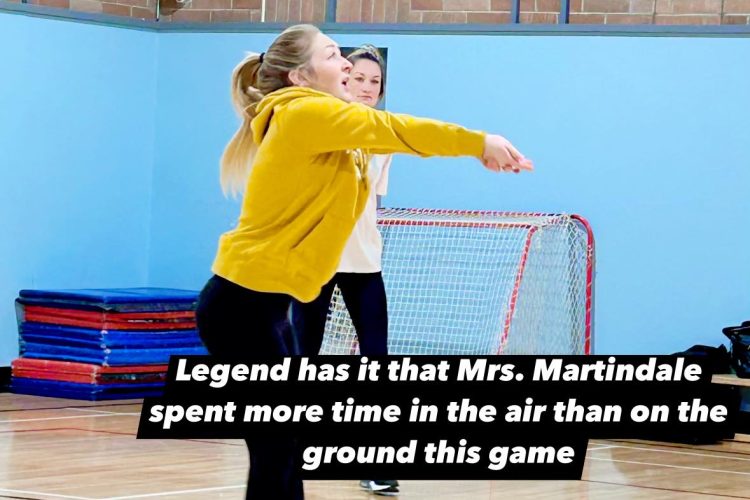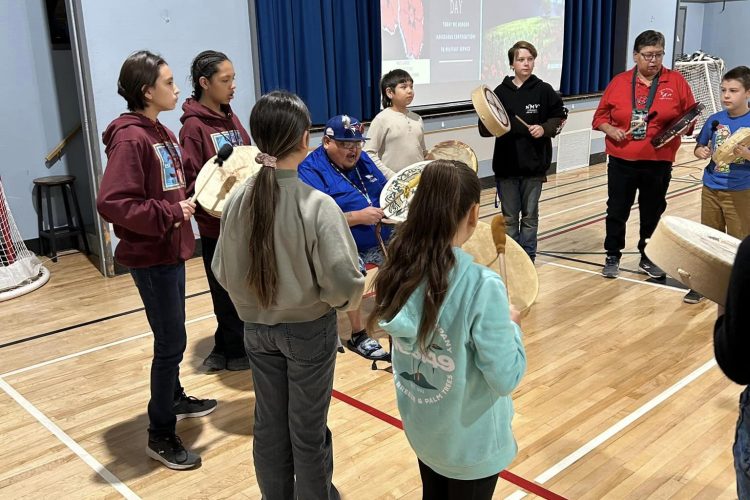Our School At A Glance
At Merritt Central, we focus on meeting kids where they are at – academically, socially, and emotionally. We are committed to Behaviour Education and Self-Management (BESM) and view BESM as a responsibility of the entire school community. Our goal is to develop students who are considerate of themselves, others, and the world in which they live, with sound reasons for the things they say and do. We achieve this not only by creating a safe and welcoming environment that fosters positive interpersonal skills, self-control, and reflective thinking, but also by using the 7 “Grandfather” Teachings – Respect, Courage, Truth, Love, Wisdom, Honesty, and Humility – to facilitate regular conversations with our students around character.
We believe educators play a critical role in ensuring positive outcomes for all students. Our staff is skilled in developing strong working relationships with students, their families, and community partners to empower students to achieve their personal best. We believe all children can achieve success, and we are committed to ensuring every child has the opportunity to do so.
Our Mission: Working together, we will provide a safe and supportive environment that promotes academic success, builds capacity for lifelong learning, and encourages students to develop respect and appreciation for self, others, and the world around them. We are grateful for our Metis communities and their contributions to Aboriginal ways of knowing, doing, and being, and we respectfully acknowledge that we live, work, and play each day on the traditional, ancestral, and unceded territory of the Nlaka’pamux and Syilx Peoples.
Reminders
Please let us know if your child is going to be late, absent, or leaving early by calling 1-844-434-8117 before 9:00 a.m. You can also report absences online at go.schoolmessenger.ca or by using the school messenger app. MCES uses Automated Student Absence Reporting (Safe Arrival) to help ensure the safety of our children.
________________________________
Please update the school when your contact information changes.
________________________________
Please call the school prior to 2:00 pm if you have a message for your child regarding after-school pick-up.
________________________________
To arrange a meeting with your child’s teacher, please e-mail the teacher directly or call the office.
________________________________
MCES accepts interac e-transfer! If you wish to pay for your child’s fees (e.g., hot lunch, school supplies, etc.), please use the email MCschool@365.sd58.bc.ca and indicate your child’s name and the purpose of the payment in the memo.


